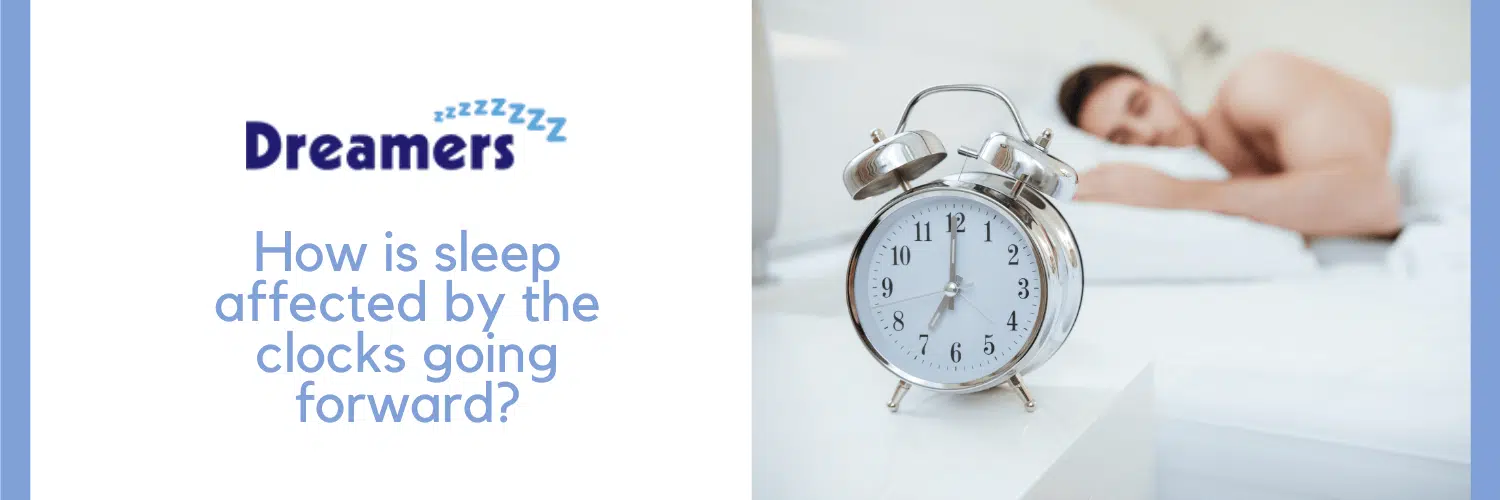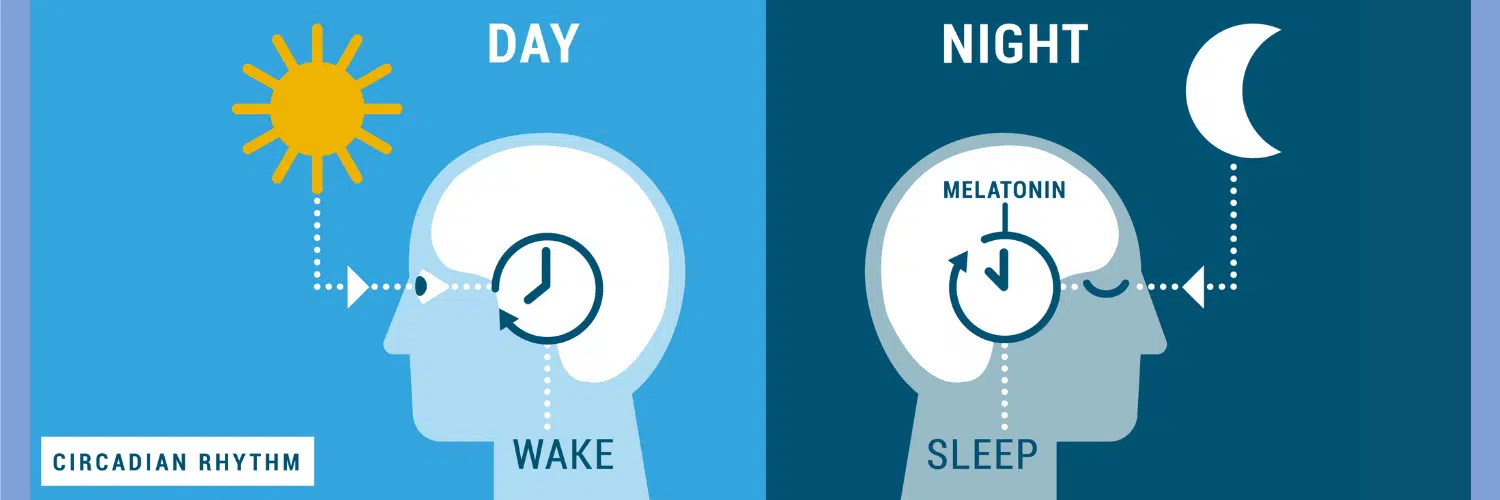How is sleep affected by the clocks going forward
Ready for British Summer Time? Yes, us too. Which is why we can’t wait for the clocks to spring forward on Sunday 28th March – bringing with it lots of positives. Warmer weather, lighter mornings, longer summer nights… But there...

Ready for British Summer Time?
Yes, us too. Which is why we can’t wait for the clocks to spring forward on Sunday 28th March – bringing with it lots of positives. Warmer weather, lighter mornings, longer summer nights…
But there is, of course, one negative.
As a result of daylight saving changes, we lose one hour of sleep. And whilst that doesn’t seem too drastic, for many people, it can be incredibly disruptive. Here we take a closer look at how and why daylight saving affects our sleep pattern and how to reset your body clock successfully.
Daylight saving – disrupting the circadian rhythm
Daylight saving can have a significant effect on sleep in both autumn and spring. But the ‘forward’ transition (which occurs in March) tends to be the most problematic – making it surprisingly difficult for people to wake up in the morning and leaving us feeling tired and unrefreshed.
This is because it disrupts our circadian rhythm. Essentially, the 60-minute change creates a disconnect between your body’s internal clock and your daily schedule. You’re forced to get out of bed at a certain time, even though your body has been used to waking up an hour later. And as result, you’re likely to feel tired for a few days whilst your body adjusts to the change.
How to reset your body clock after the clocks go forward
In the week leading up to a seasonal time change, there are things you can do to prepare yourself for the disruption, reset your body clock, and (hopefully) avoid the effects outlined above:
1. Practice good sleep hygiene habits
Detailed information on this topic can be found in our previous blog ‘Improve your sleep hygiene’. But in a nutshell, it’s all about embracing good habits – that are proven to enhance sleep quantity and quality – and making a few subtle changes to your daily routine and bedroom environment.
For example, you should aim to get up and go to bed at the same time every day. Try to do at least 30 minutes of exercise. Avoid caffeinated and alcoholic drinks as much as possible. And establish a calming routine for the evening, which includes banning electronic devices one hour before bed.
2. Gradually alter your bedtime
About 2-3 days before the clocks go forward, start to move your bedtime earlier by approximately 10 minutes each night. Then, on the Saturday before the time change, set your alarm clock for about 15-20 minutes earlier than usual. These slight adjustments might not seem like much, but they can make the transition a lot smoother and will lessen the disruption to your internal body clock.
3. Expose yourself to natural light
To help alleviate feelings of tiredness on the Sunday morning, expose yourself to natural light as soon as possible. Light has a huge role to play in our circadian rhythm. And by heading outside – perhaps for breakfast in the garden or a brisk stroll in the local park – melatonin (i.e. the hormone that makes you feel sleepy) will be suppressed and you’ll soon start to feel more alert.
Getting some fresh air in the afternoon should also help to reset your body clock.
Struggling to reset your body clock?
Most people adapt to daylight saving changes within a few days.
So, if you’re still struggling long after the clocks have gone forward, there may be a bigger issue – such as your bed or mattress. And that’s where we come in, here at Dreamers Bed Centre.
No one understands the importance of a good quality bed – and its effect on your sleep pattern and body clock – quite like us. Which is why, we stock a comprehensive range of beds and mattresses by some of the best brands in the industry, with a type and style to suit all sleeping preferences.
Why not take a look today? And keep in mind, we’re always happy to help. Whether you’d like further advice on how to reset your body clock, or have a question about one of our products, please feel free to get in touch. You can either give us a call on 01942 275 464 or send an email to info@dreamersbedcentre.co.uk and we’ll get back to you as soon as possible.



